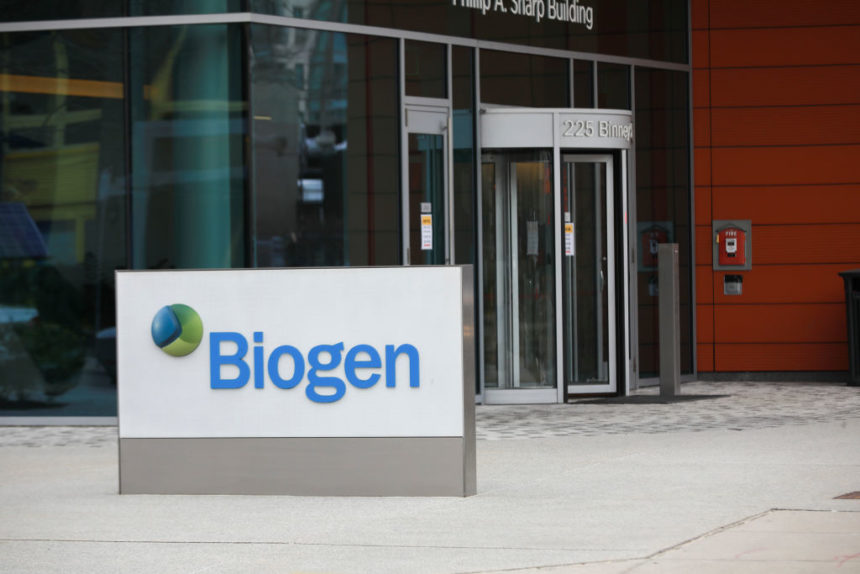Biogen’s Q2 earnings report was headlined by stronger than expected second-quarter sales for its multiple sclerosis drugs. Less touted the company’s disclosure that it had agreed in principle to pay about $900 million to settle an old whistleblower lawsuit involving some of the same products.
The payment brings to a close a so-called qui tam case, initially brought in 2012, in which former Biogen sales representative Michael Bawduniak alleged that the company ran sham speaker and consultant programs between 2009 and March 2014.
The suit contended that these meetings, ostensibly required for the purpose of gathering physician input, were unnecessary. Furthermore, it said the meetings were merely a vehicle for Biogen’s marketing department to shuttle kickbacks to doctors to continue prescribing the company’s drugs after the entrance of a competitor product in the MS space, Novartis’s Gilenya.
Despite rumors of the demise of speaker programs, including a pullback by one big drugmaker years ago, they remain among the drug industry’s go-to marketing programs. One red flag for prosecutors is when paid speakers are recruited based on prescribing volume rather than speaking ability.
Biogen disclosed that it took the $900 million charge in its quarterly filing with the U.S. Securities and Exchange Commission this week, but it pointed out that the settlement doesn’t include an admission of liability.
“We are resolving this matter to avoid the distraction of litigation and to allow the company to focus on our strategic priorities and the patients we serve,” a company spokesperson said.
In a company filing as part of the suit, attorneys for Biogen argued that Bawduniak was unable to show that Biogen “knowingly and willfully” paid any kickbacks. Furthermore, they said that due to MS being “a complicated disease to treat” with “regularly changing” treatment options, HCPs needed to be educated about its drugs. A jury trial had been set for next week.
Court filings assert that in 2009, Biogen paid 820 physicians a total of $8.8 million to speak or consult, or $10,600 per physician. Faced with the arrival of Gilenya — which was the first oral treatment for MS — Biogen expanded the speaker programs in 2010. That year, it paid 1,200 physicians, and specifically those who wrote the most MS prescriptions, a total of $9.1 million to speak or consult.
The suit further alleged that these meetings were held under the guise of gathering feedback from neurologists. However, rather than at the behest of the company’s market research unit, the consulting meetings were initiated by Biogen’s marketing department. Its 200 top prescribers were sent on all-expenses-paid junkets.
Biogen also scheduled plenty of dinner meetings — 832 in 2010 alone. That year, 367 doctors were paid to attend, meaning that the average doctor was treated to between two and three dinners. The average speaker fee for such dinners was $2,500; Biogen paid out $2.3 million in speaker fees in 914 separate payments, filings show.
Many of the company’s paid speakers presented to only a single person, often someone with whom they already worked. Biogen higher-ups disregarded concerns raised by the compliance department.
The large settlement was one of multiple issues weighing on Biogen. The drugmaker has yet to find a new CEO after announcing it will move on from current CEO Michel Vounatsos following the aborted launch of Alzheimer’s drug Aduhelm. It also discontinued several pipeline programs last quarter due to disappointing results.
In a note to investors, Danielle Brill, an analyst with Raymond James, cited stronger-than-anticipated sales performance in the company’s earnings, driven mostly by two MS drugs. “But future headwinds continue to build, and the overall outlook remains grim,” she wrote.







